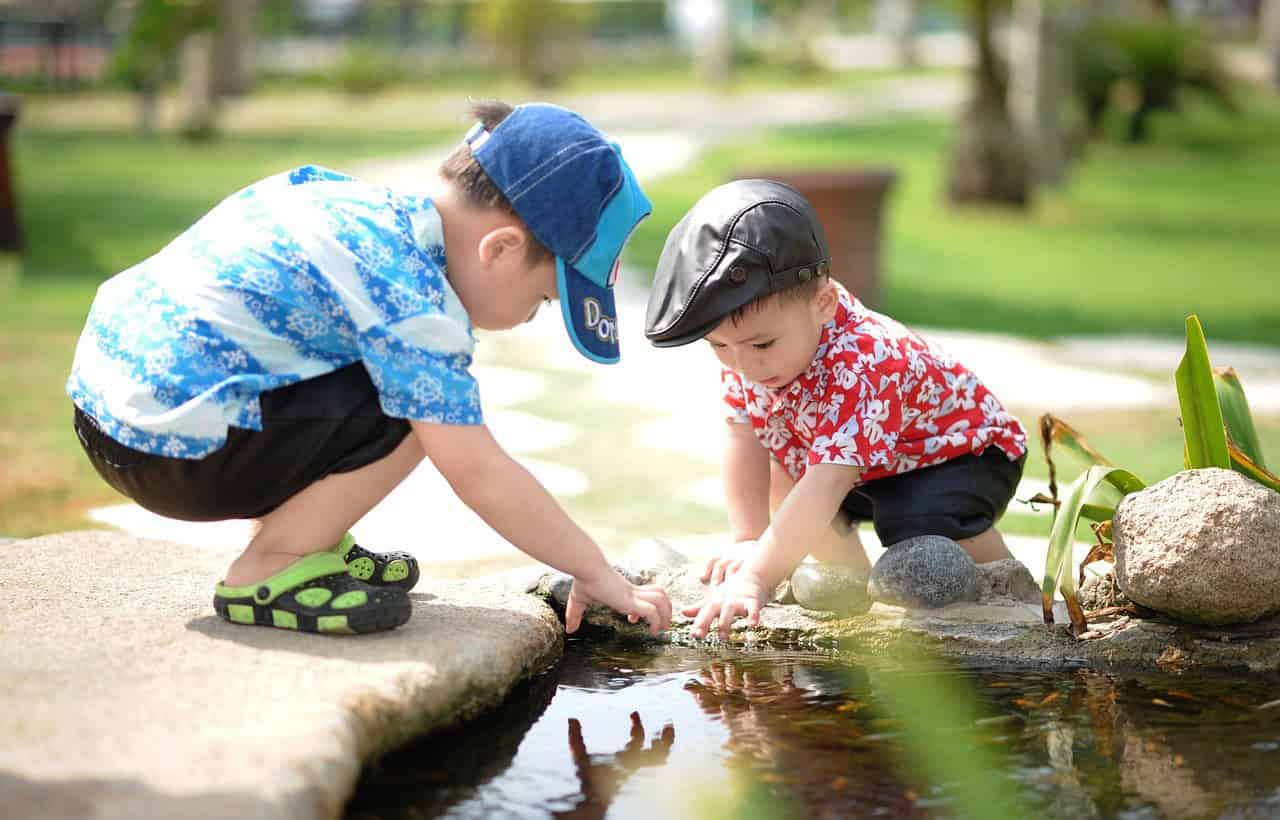For young children with Autism Spectrum Disorder (ASD), building strong social skills is a critical component of their overall development, empowering them to form and maintain meaningful relationships, navigate social situations, and actively engage in learning contexts. However, due to the unique cognitive, sensory, and behavioural characteristics associated with ASD, cultivating social abilities in autistic children can be particularly challenging, requiring targeted, evidence-based, and individualised support strategies. Early intervention is vital for laying a solid foundation for social skill development, enhancing the long-term quality of life for children with autism.
At Amazing Kids, we recognise the importance of foster strong social abilities among young autistic children and are devoted to addressing their social skills through the Early Start Denver Model (ESDM), a research-driven early intervention methodology specifically designed for this population. Our ESDM interventions aim at enhancing social skills by assessing each child’s strengths, interests, and existing social abilities, and providing tailored support to address their unique needs, all while offering guidance for parents to encourage social development at home.
In this insightful blog post, we will discuss the importance of social skill development for children diagnosed with ASD, examine how our experienced therapists at Amazing Kids employ ESDM principles to nurture social abilities, and share practical advice for parents looking to support their child’s social development journey at home.
The Importance of Social Skill Development for Autistic Children
Nurturing strong social skills in autistic children offers numerous benefits to their overall development and well-being, such as:
1. Relationship Building: Enhanced social abilities allow children to create and nurture connections with peers, family members, and the community.
2. Emotional Well-Being: Strong social skills promote emotional regulation, resilience, and self-esteem.
3. Learning Opportunities: Effective communication and social abilities enable children to engage more fully in diverse learning contexts, both individually and with others.
4. Integration and Inclusion: Developing robust social skills empowers autistic children to participate more actively in various life areas, fostering a sense of belonging, independence, and accomplishment.
ESDM Techniques for Supporting Social Skill Development
The Early Start Denver Model (ESDM) is a research-based early intervention approach designed to address the unique developmental needs of young children with ASD. Our skilled therapists at Amazing Kids utilise ESDM techniques to support social skill development in autistic children, such as:
1. Joint Attention: We teach children to establish shared focus with others, which enables meaningful social interactions and fosters conversational skills.
2. Imitation: Our therapists model appropriate social behaviour, guiding children to imitate actions, gestures, and expressions, and encouraging them to engage in reciprocal exchanges.
3.Turn-Taking: We incorporate turn-taking activities in play and daily routines, helping children understand the value of collaboration and cooperation.
4. Emotion Recognition: We focus on developing children’s ability to recognise and respond to various emotions, which is essential for empathy and social understanding.
Social Skills Training at Amazing Kids
At Amazing Kids, our therapists are committed to nurturing the social abilities of young autistic children using the ESDM approach. Here’s a glimpse into our social skills training process:
1. Comprehensive Assessment: An in-depth evaluation of each child’s current social abilities lays the foundation for creating individualised goals and intervention plans.
2. Customised Intervention Plans: Our therapists design intervention strategies that target social skill development, catering to each child’s strengths, interests, and needs.
3. Collaborative Approach: We partner with parents, families, and other professionals, creating a support network that encourages social skill development across different environments.
4. Continuous Monitoring and Adjustment: Assessing progress and making adjustments to our interventions helps ensure optimal outcomes for each child.
Actionable Tips for Parents to Support Social Development at Home
Parents can play an instrumental role in nurturing their child’s social skills. Here are some practical suggestions to facilitate social development at home:
1. Encourage Interaction: Seek out playdates, social groups, and extracurricular activities that offer age-appropriate opportunities for your child to interact with peers.
2. Model Appropriate Behaviour: Demonstrate healthy social interactions by engaging in meaningful conversations, maintaining eye contact, and showing empathy.
3. Create Routine Opportunities for Social Skill Practice: Incorporate everyday situations that provide opportunities for your child to practice their social skills, such as mealtimes, dressing, or running errands.
4. Use Social Stories: Social stories depict typical social situations and teach appropriate responses, offering children a straightforward and visually-based way to learn social skills.
Empowering Autistic Children Through Social Skill Development and ESDM Early Intervention
Fostering social skills in young autistic children is a critical aspect of their overall development and well-being. By focusing on social skill development in young autistic children through ESDM early intervention, Amazing Kids aims to enrich their lives, enabling them to form deeper connections, participate more actively in diverse experiences, and realise their potential. With the right support and interventions, autistic children can develop robust social abilities, enabling them to navigate social situations, form meaningful relationships, and engage fully in learning contexts.
At Amazing Kids, our personalised, evidence-based approach, combined with strong parental involvement, establishes a nurturing environment for young autistic children to develop and thrive. Our certified ESDM therapist will work closely with families to create individualised programs that target the specific social skill deficits of each child. Together, we can support these remarkable children in building a strong foundation for lifelong social connections, personal growth, and success, allowing them to embrace life’s opportunities with confidence and enthusiasm. Contact us today to schedule an appointment!



